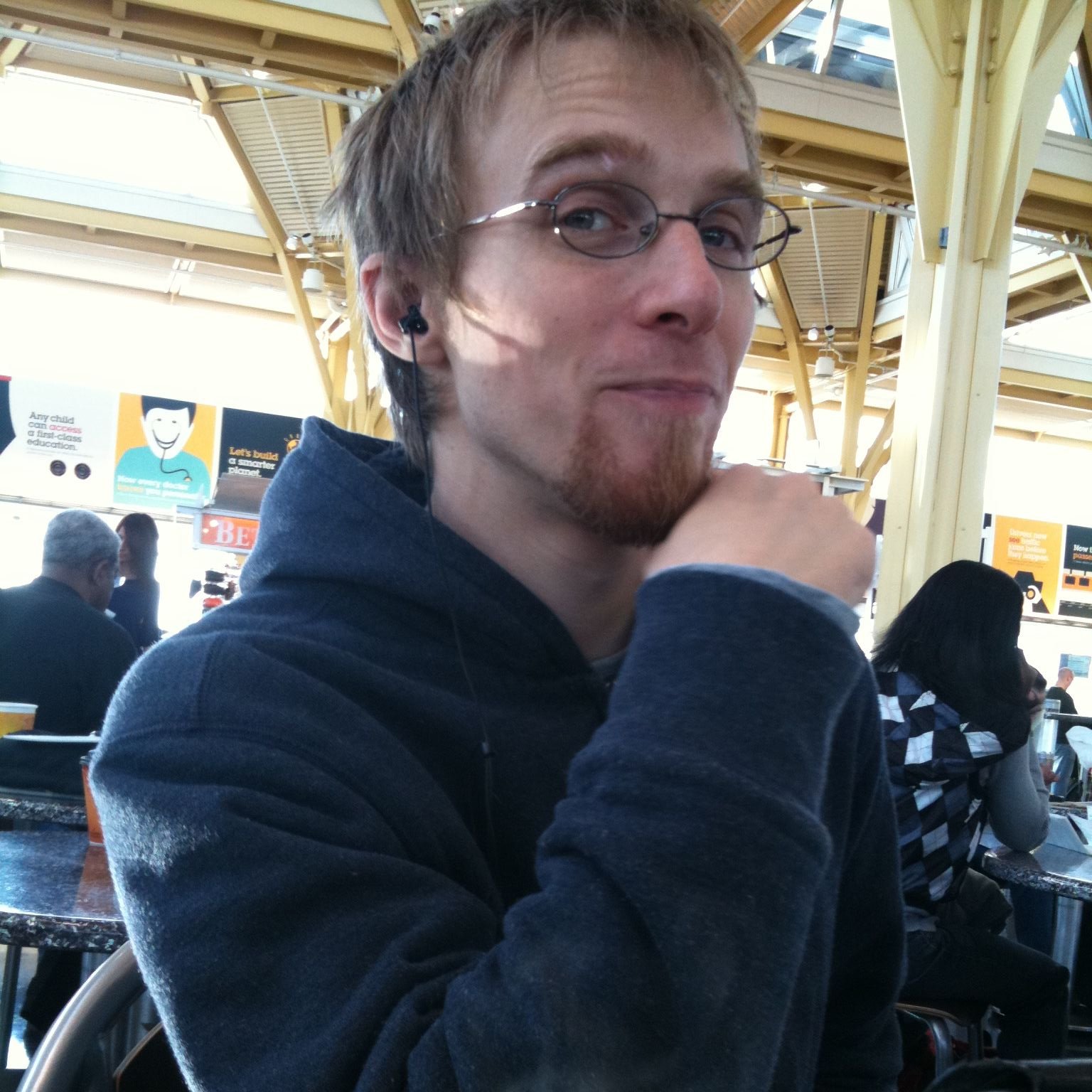Let’s sum up what we’ve learned about trends in political participation. On the positive side of the ledger, Americans today score about as well on a civics test as our parents and grandparents did, though our self-congratulation should be restrained, since we have on average four more years of formal schooling than they had.33 Moreover, at election time we are no less likely than they were to talk politics or express interest in the campaign. On the other hand, since the mid-1960s, the weight of the evidence suggests, despite the rapid rise in levels of education Americans have become perhaps 10–15 percent less likely to voice our views publicly by running for office or writing Congress or the local newspaper, 15–20 percent less interested in politics and public affairs, roughly 25 percent less likely to vote, roughly 35 percent less likely to attend public meetings, both partisan and nonpartisan, and roughly 40 percent less engaged in party politics and indeed in political and civic organizations of all sorts. We remain, in short, reasonably well-informed spectators of public affairs, but many fewer of us actually partake in the game.
Also of note:
Footnote: "Lori Weber,The Effects of Democratic Deliberation on Political Tolerance (Ph.D. diss., University of Colorado, 1999), 24–42, reports that “social” forms of participation (such as attending meetings) are associated with increased political tolerance, whereas “individual” forms of participation (such as contacting officials) are not."


It's clearer and clearer to me that one of the most serious problems with the United States is that we participate in fewer face-to-face communities.
I choose to make my last stand on the one face-to-face institution that we still have left: the church.
Those who are more secular in nature, I recommend that you spend some serious time discerning a holistic community that incorporates personal formation, mutual aid, friendship, and social in one institution.
Until you have that figured out and arrive back at a model much like on of the many ways people have formed churches, synagogues, temples, or mosques, I recommend joining a faith community.
Increasingly, many faith communities, like Unitarian Universalism, or liberal Quakerism, don't require belief in God, but focus on social justice.